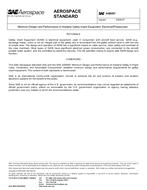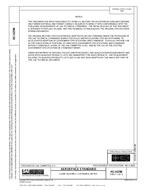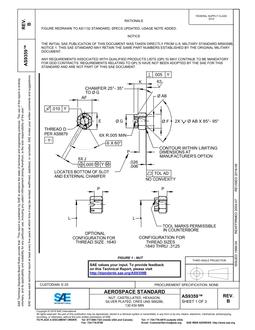This SAE Recommended Practice defines a document for the format of messages and data that is of general value to modules on the data communications link. Included are field descriptions, size, scale, internal data representation, and position within a message. This document also describes guidelines for the frequency of and circumstances in which messages are transmitted.
In order to promote compatibility among all aspects of electronic data used in heavy-duty applications, it is the intention of the SAE Truck and Bus Low Speed Communications Network Subcommittee (formerly Data Format Subcommittee) (in conjunction with other industry groups) to develop recommended message formats for:
-
Vehicle and Component Information—This includes all information that pertains to the operation of the vehicle and its components (such as performance, maintenance, and diagnostic data).
-
Routing and Scheduling Information—Information related to the planned or actual route of the vehicle. It includes current vehicle location (for example, geographical coordinates) and estimated time of arrival.
-
Driver Information—Information related to driver activity. Includes driver identification, logs, (for example, DOT), driver expenses, performance, status, and payroll data.
-
Freight Information—Provides data associated with cargo being shipped, picked up, or delivered. Includes freight status, overage, shortage and damage reporting, billing and invoice information as well as customer and consignee data.
This document represents the recommended formats for basic vehicle and component identification and performance data. This document is intended as guide toward standard practice and is subject to change to keep pace with experience and technical advances.
Product Details
- Published:
- 01/01/2013
- File Size:
- 1 file , 2.2 MB


